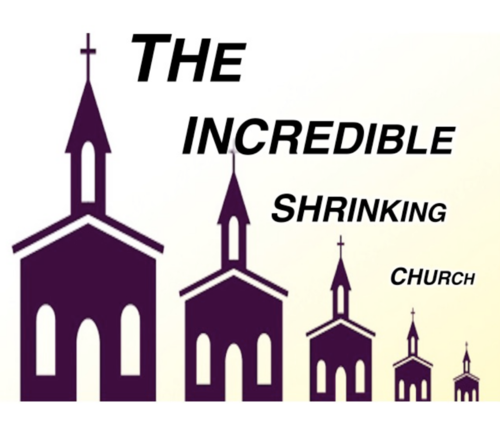LUSAIL, Qatar — Soccer superstar Lionel Messi went out of his way to avoid a gaggle of French defenders throughout the World Cup final.
But Messi didn’t dodge the role that his Catholic faith played in Argentina’s epic win over France, praising God for his personal career success after the penalty-kick shootout in a World Cup final that will be remembered as the best in the tournament’s 92-year history.
“It’s just crazy that it became a reality this way,” Messi said. “I craved this for so long. I knew God would bring this gift to me. I had the feeling that this time was the one.”
Messi, a practicing Catholic, answered questions from reporters after Argentina’s victory at the 89,000-seat Lusail Stadium in the suburbs of the capital Doha. It was a game of ups and downs. Argentina twice squandered a lead (2-0 at halftime and 3-2 in extra time), but triumphed in the end on penalties after the game ended 3-3.
In leading Argentina to a third World Cup — after wins in 1978 and 1986 — Messi also replaced countryman Diego Maradona’s and even Brazilian legend Pele as the greatest player to have ever kicked a soccer ball.
Maradona, who died two years ago, is a global icon. In Argentina, he has enjoyed a status reserved for a deity. There’s even a church in which the faithful gather in his name. It’s impossible to avoid faith when talking about football in Argentina.
In an interview following the win against France, Messi, who typically makes the sign of the cross and points towards the sky after scoring goals, again mentioned God as the reason for the victory.
“I just said that God was going to give it to me,” Messi told TyC Sports, an Argentine sports TV channel, referring to the World Cup trophy. “I was sure I had a feeling that this was the moment. We suffered a lot — but now it’s time to enjoy it.”










